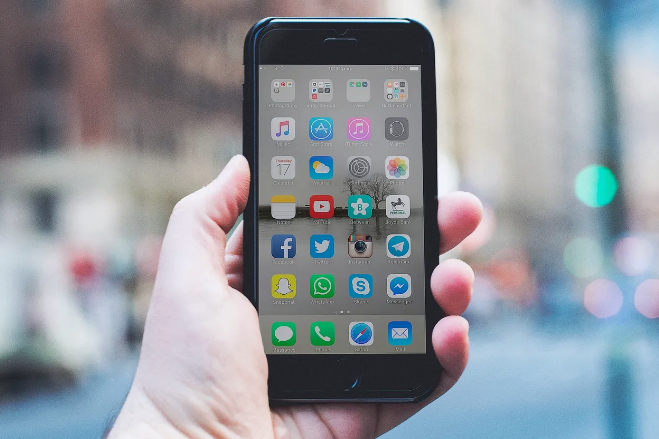By Elle Ryan, Resident in Counseling
With an estimated 4.9 billion social media users worldwide, it’s likely that Facebook, TikTok or Instagram are a regular part of our routine. Social media provides users with opportunities to enhance their mental health through facilitating spaces for social connection and peer support. The rewarding social interactions by online communities can help decrease stigmatization and increase feelings of belonging and perceived emotional support.
However, the negative effects of social media have the potential for detrimental effects on its users’ mental health. When used in moderation, social media is generally not harmful, but the overuse of it can have serious consequences. Concerns related to habitual social media use include: issues related to body image, increased risk of addiction, cyberbullying, loneliness, fear of missing out, and decreased life satisfaction. Many users at risk for social media addiction report depressive symptoms and lower self-esteem.
The fear of missing out is exacerbated by social media use when checking in on our friends and family. It can feel as though others are having more fun or living more fulfilling lives than our own. This is accentuated by social media’s use as a “highlight reel,” displaying the best parts of a user’s life. Because these feeds are cultivated and only the good times are shown, they don’t accurately reflect the anyone’s real life. Despite the distorted reality of these highlight reels, having access to other people’s posts can increase feelings of dissatisfaction, lower self-esteem, and trigger anxiety.
Social media heavily focuses on physical appearance, with many platforms having a high prevalence of edited images that can contribute to body image issues and poor self-esteem. Many social media platforms (e.g., Snapchat, Instagram and TikTok) may also provide users with an option to apply filters to images. Although filters may be a great way for us to make photos appear aesthetic, many do the job of altering physical appearances and hiding imperfections. These filters and edited images create illusions that when constantly exposed to by its users can cause a distorted perception of one’s own self or body image.
In addition, social media creates unrealistic expectations for relationships, as users compare their experiences to the narratives they see online. Some platforms may increase feelings of jealousy and insecurity by misinterpreting comments, likes or other connections to spark feelings of distrust and conflict. Monitoring one’s online activities can escalate to unhealthy surveillance and erode trust in relationships.
Our digital landscape continues to be shaped by social media without signs of stopping. By acknowledging the positive and negative impacts of social media, we can provide ourselves with informed decisions regarding our social media use.
If you find yourself falling into unhealthy habits with social media or experiencing negative effects, Counseling Connect can help! Elle Ryan is accepting self pay and Medicaid clients. You can book an appointment with her by calling 540-391-0511 or emailing elle@counseling-connect.com. As always, we look forward to connecting with you!
Resources

